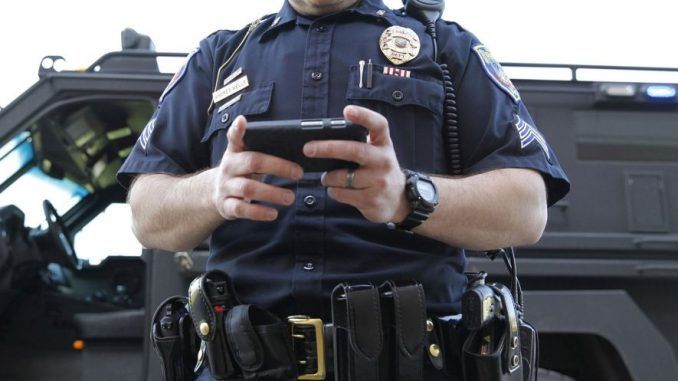
A U.S. federal court has ruled that authorities cannot use cell phone location data in order to prosecute citizens, as it breaches their expectation to privacy.
A convicted armed robber, Quartavious Davis, was sentenced to nearly 162 years in prison, without the possibility of parole, several years ago. He is attempting to have his conviction overturned due to what he says is an unconstitutional use of his cell phone data by U.S. authorities.
Engadget.com reports:

BYPASS THE CENSORS
Sign up to get unfiltered news delivered straight to your inbox.
You can unsubscribe any time. By subscribing you agree to our Terms of Use
The decision handed down by the judges today marks the first time that cell phone location data has been explicitly included as part of a reasonable expectation of privacy under the Fourth Amendment.
Part of the evidence levied against Davis and his accomplices was data from cellular providers showing they had made or received phone calls in the vicinity of the alleged targets around the time the robberies occurred. The problem is, no warrant was issued for this information, instead it was obtained via court order that doesn’t require probable cause, only “that there are reasonable grounds to believe that the … records or other information sought, are relevant and material to an ongoing criminal investigation.”
In short, we hold that cell site location information is within the subscriber’s reasonable expectation of privacy. The obtaining of that data without a warrant is a Fourth Amendment violation.
The court thought that the particular subsection of the law used to obtain the information was not appropriate. As you can see in the quote above, the judges felt that location data is within a reasonable expectation of privacy, because “Davis has not voluntarily disclosed his cell site location information to the provider.” The final verdict, warrantless mining of location data is unconstitutional. Unfortunately for the defendant, even though his constitutional rights were violated, the judges did not believe a “reversible error” had been committed by a previous court. Instead, it let the evidence stand under a “good faith” exception. So, while this may set a strong precedent for future cases, it didn’t help Davis.

